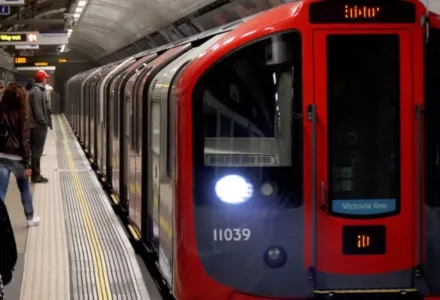
Abstract
The United States and United Kingdom have longstanding traditions in use of environmental benefit-cost analysis (E-BCA). While there are similarities between how E-BCA is utilized, there are significant differences too, many of which mirror ongoing debates and recent developments in the literature on environmental and natural resource economics. We review the use of E-BCA in both countries across three themes: (a) the role of long-term discounting; (b) the estimation and use of carbon valuation; and, (c) the estimation and use of the value of a statistical life. In each case, we discuss how academic developments are (and are not) translated into use and draw comparative lessons. We find that, in some cases, practical differences in E-BCA can be overstated, although in others these seem more substantive. Advances in the academic frontier also raise the question of when and how to update practical E-BCA, with very different answers across our themes.
Joseph E. Aldy
Harvard University
Giles Atkinson
London School of Economics and Political Science
Matthew Kotchen
Yale University
Aldy, Joseph, Giles Atkinson and Matthew Kotchen. “Environmental Benefit-Cost Analysis: A Comparative Analysis Between the United States and the United Kingdom.” January 2021


